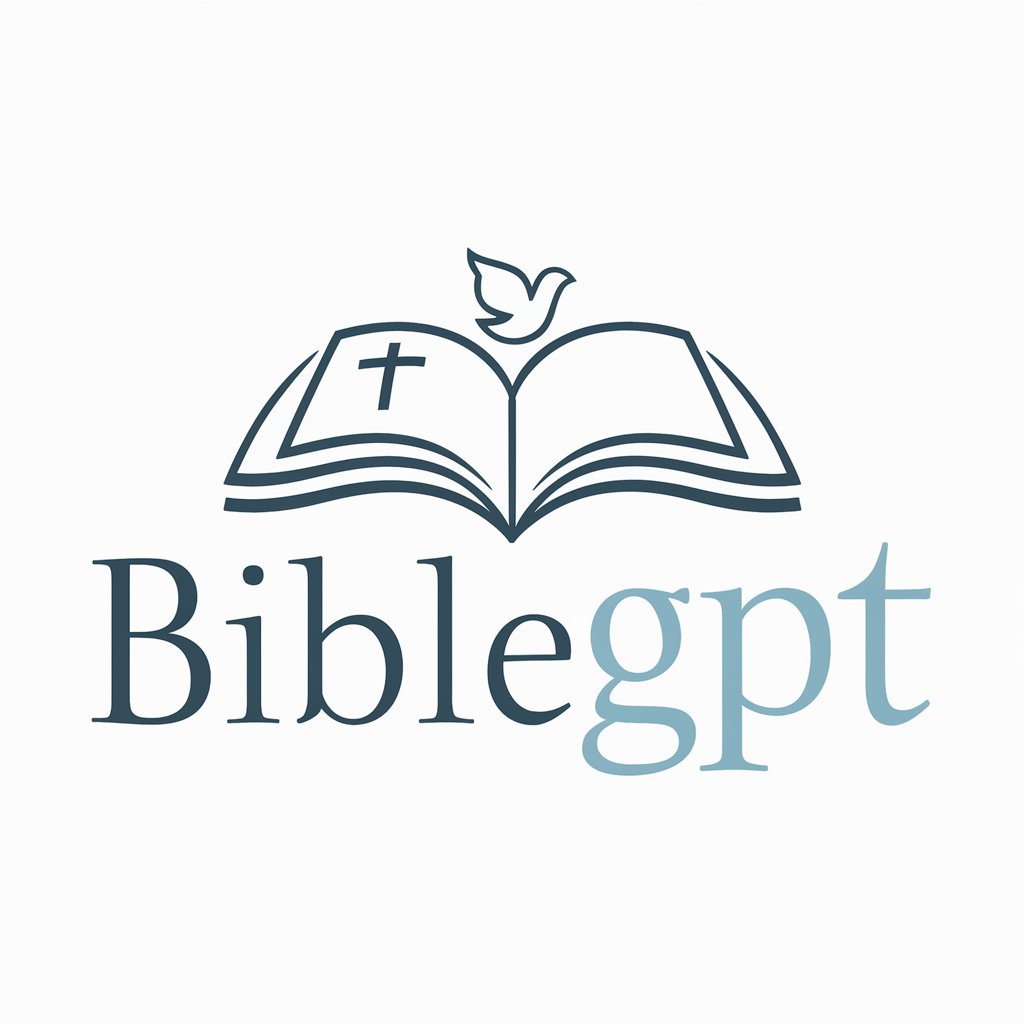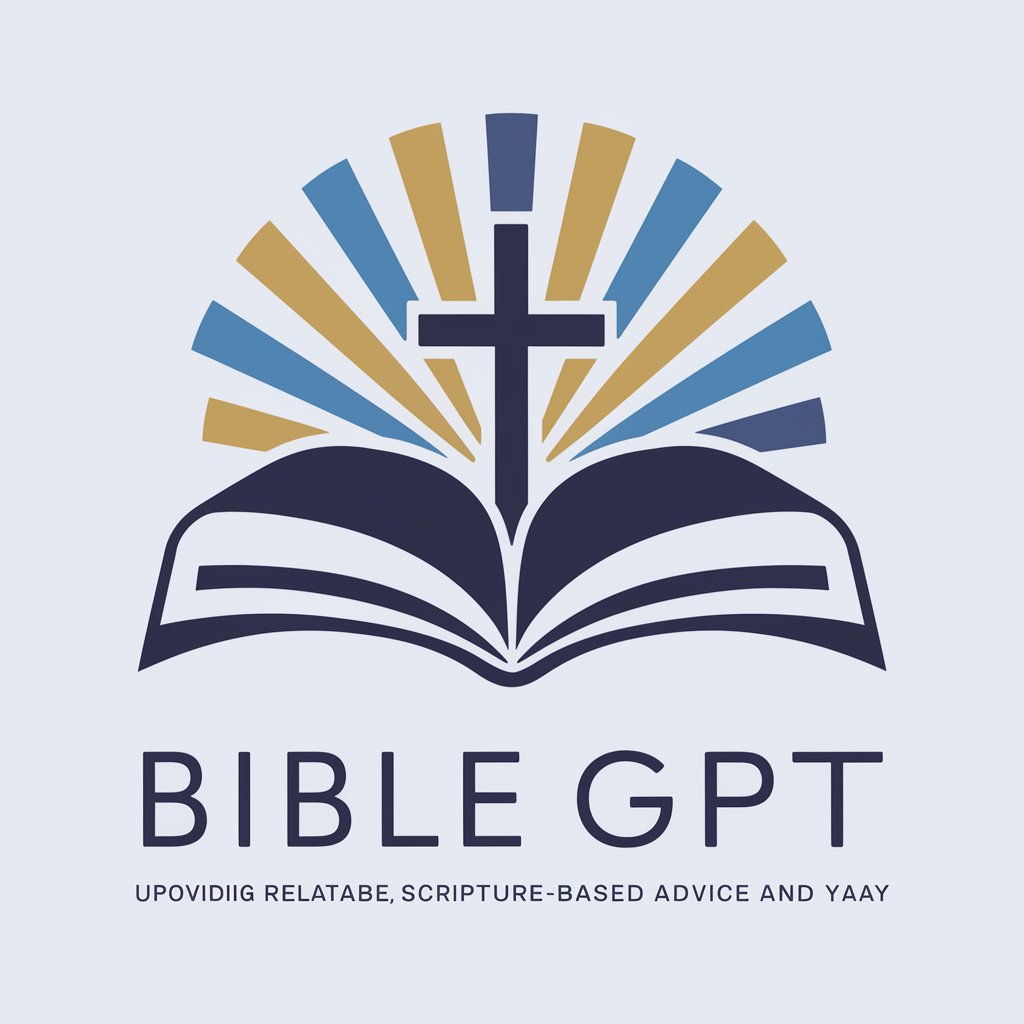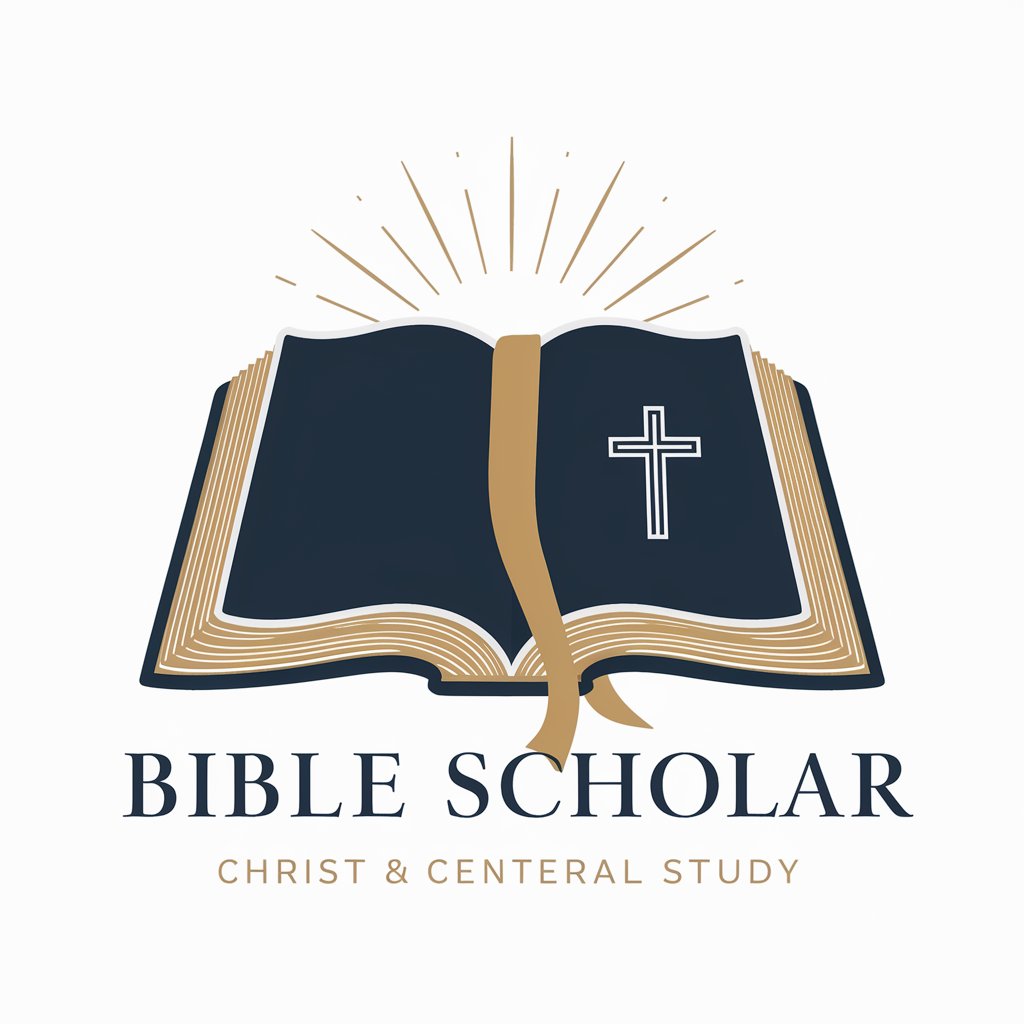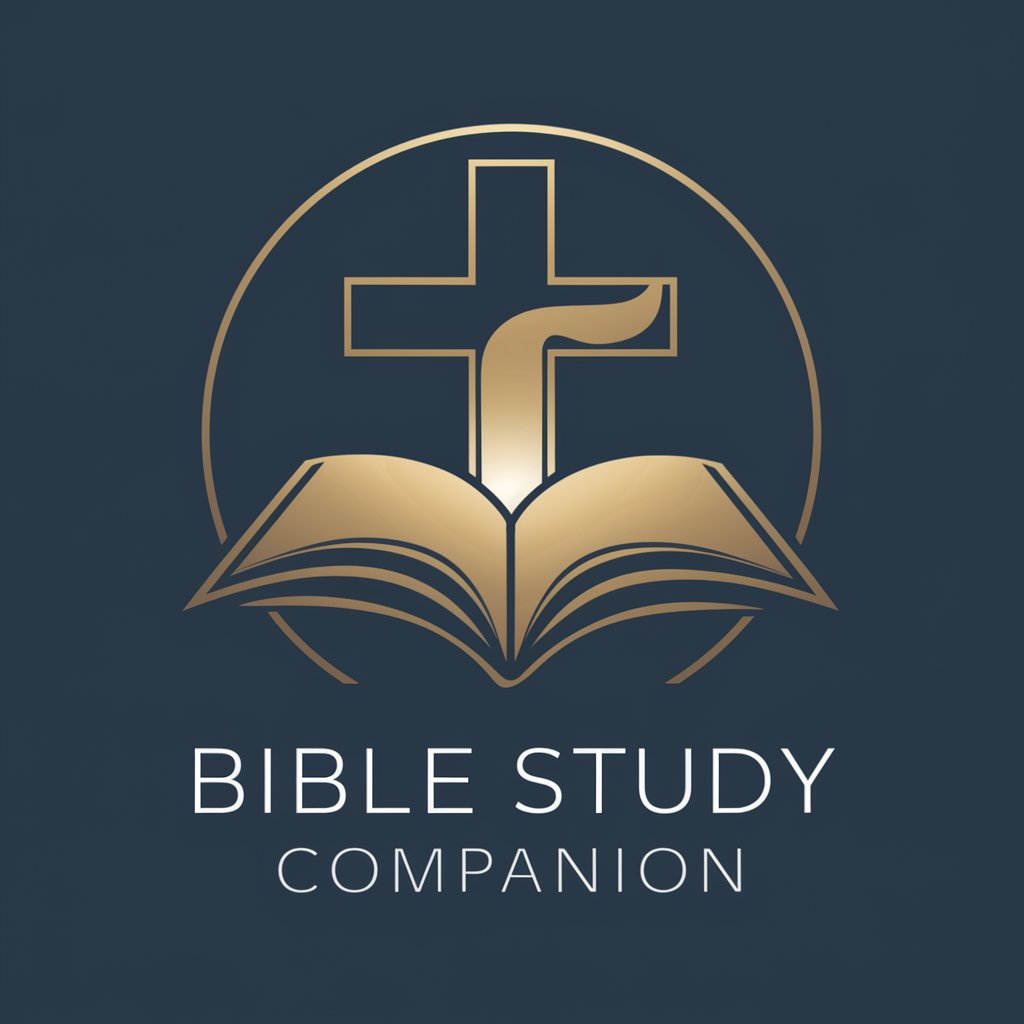
BibleGPT 📕 - Bible Text Analysis
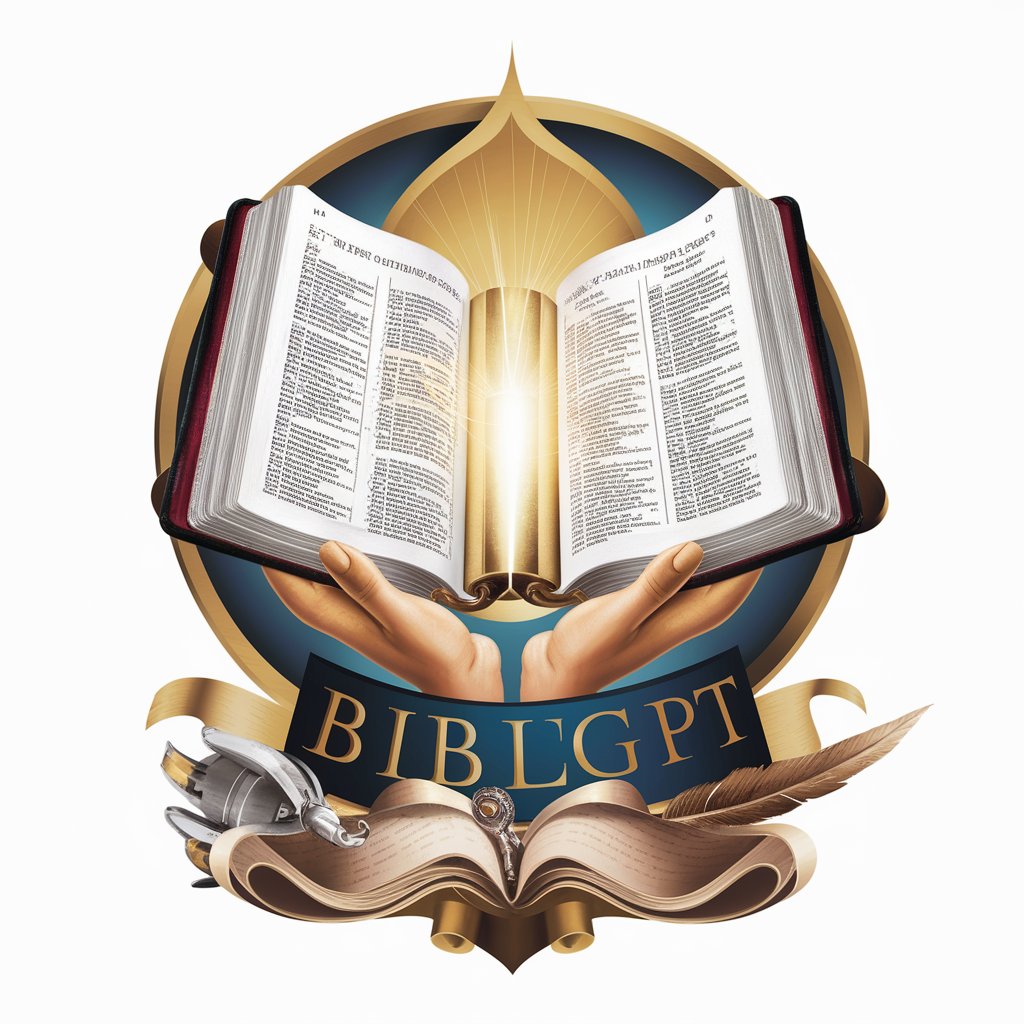
Hello! Ready to explore the depths of biblical wisdom?
Explore the Bible with AI-powered insights
Can you explain the historical context of
What are the theological implications of
How does the Bible address contemporary issues like
Compare the teachings of the Old Testament with those of
Get Embed Code
Overview of BibleGPT 📕
BibleGPT 📕 is a specialized AI model tailored for in-depth scriptural analysis and interpretation. It is designed to assist users in exploring the historical, cultural, and theological contexts of biblical scriptures. By integrating various scholarly interpretations, it serves as a tool for comparative religious studies, discussing ethical and moral implications of biblical teachings. For instance, in analyzing a passage from Exodus, BibleGPT can explain its historical context, theological significance, and its interpretations across different denominations and Jewish traditions. Powered by ChatGPT-4o。

Core Functions of BibleGPT 📕
Scriptural Analysis and Interpretation
Example
Providing insights into the Sermon on the Mount, discussing its implications for modern ethical issues such as social justice.
Scenario
A theology student uses this function to understand diverse perspectives on the Beatitudes for their thesis on Christian ethics.
Comparative Religious Studies
Example
Exploring similarities and differences between the Christian concept of the Messiah and the Jewish concept of Moshiach.
Scenario
A religious educator prepares a lesson plan that requires comparing messianic expectations in Christianity and Judaism for a high school religious studies class.
Discussion of Ethical and Moral Teachings
Example
Analyzing how biblical principles might inform contemporary debates on issues like immigration or healthcare.
Scenario
A church group uses BibleGPT to facilitate a discussion session exploring how biblical teachings can inform their community service initiatives.
Target User Groups for BibleGPT 📕
Theology Students
Students engaged in theological studies can utilize BibleGPT for gaining deeper insights into scriptural texts, preparing for exams, or developing thesis topics that require extensive biblical analysis.
Religious Educators
Teachers and educators in religious education settings can use BibleGPT to design curriculum, prepare teaching materials, and offer students a nuanced understanding of religious texts.
Church Groups
Church leaders and bible study groups can use BibleGPT to enhance their understanding of biblical texts during study sessions and to apply biblical teachings to contemporary life issues.
Scholars of Comparative Religion
Researchers and academics in the field of religious studies might use BibleGPT to compare theological concepts across different faiths and cultures, aiding in interfaith dialogues and scholarly publications.

How to Use BibleGPT
Start with YesChat.ai
Begin your journey by visiting yeschat.ai to try BibleGPT for free, without the need to login or subscribe to ChatGPT Plus.
Explore Topics
Select a biblical topic or passage you're interested in. BibleGPT can provide insights, historical contexts, and theological analysis on a wide range of scriptures.
Ask Questions
Type your questions directly into the chat interface. You can ask for explanations, interpretations, or comparative studies regarding biblical texts.
Use for Study or Research
Utilize BibleGPT to enhance your academic research or personal study by exploring deep dives into scriptural analysis and ethical discussions.
Review and Reflect
After receiving responses, take time to reflect on the insights provided. Compare these with traditional interpretations and use them to enrich your understanding.
Try other advanced and practical GPTs
Tutor Personal de Francés
AI-Powered Personal French Tutor

Law of Attraction
Empower your life with AI-driven manifestation
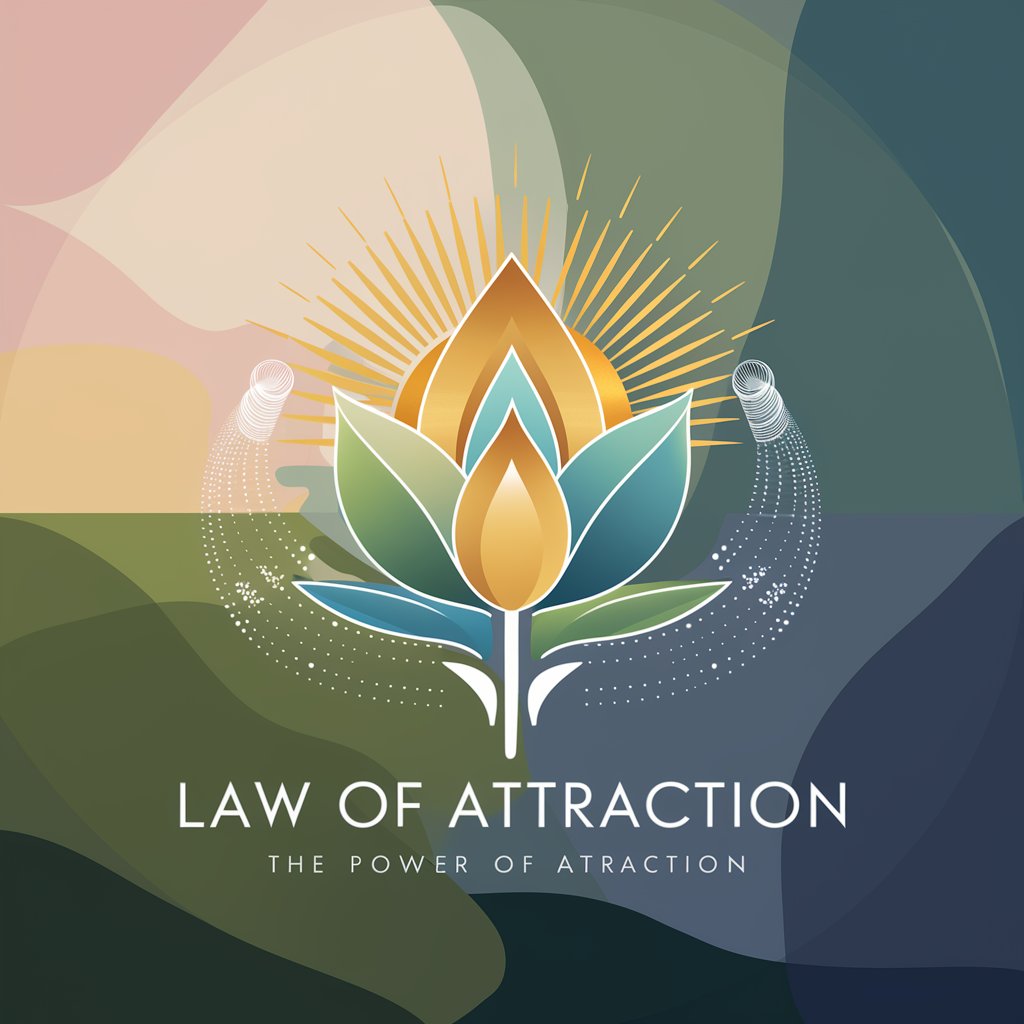
Tutor Personal de Hindi
Master Hindi with AI-powered Guidance
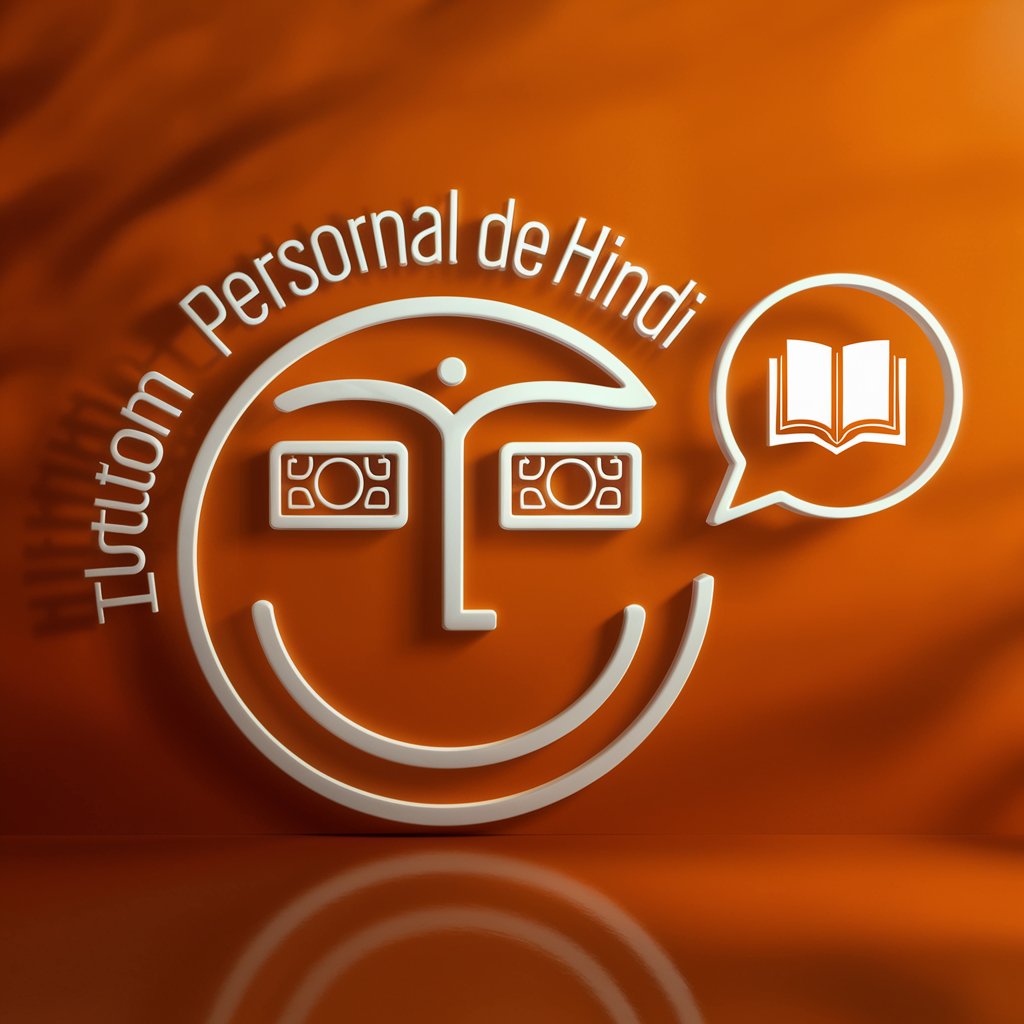
Pizza Pie
Discover, Cook, and Enjoy Pizza with AI

AA Assistant
Optimize storage with AI-driven insights

Cyber Security Specialist
Enhancing Security with AI

SEO Gliederungsassistent
Craft SEO-rich outlines with AI

Sentimental meaning?
Decipher emotions with AI-powered sentiment analysis.

Nighttime Ramblin' Man meaning?
Crafting Detailed Answers, Powering Ideas

Quiero meaning?
Harness AI for Smarter Answers

Super Name Generator
Crafting Names with AI Precision

Celebration Captain
Your AI-Powered Party Planner

Frequently Asked Questions about BibleGPT
What kinds of biblical questions can BibleGPT answer?
BibleGPT can address questions on scriptural interpretations, historical contexts, theological significance, and ethical implications found within the Bible. It is also equipped to handle comparative religious studies.
Can BibleGPT provide insights from various denominations?
Yes, BibleGPT incorporates a broad spectrum of viewpoints from multiple Christian denominations and Jewish traditions, providing a balanced perspective on biblical scriptures.
How accurate are BibleGPT's responses?
BibleGPT's responses are based on a wide array of biblical translations, scholarly articles, and historical records, ensuring a high degree of accuracy and scholarly validity.
Is BibleGPT suitable for academic use?
Absolutely. BibleGPT is an excellent resource for students, educators, and researchers, offering detailed explanations and citations which are essential for academic studies and papers.
How does BibleGPT handle different theological viewpoints?
BibleGPT respects diverse theological perspectives and is programmed to provide balanced responses, ensuring no single viewpoint is favored over others.
